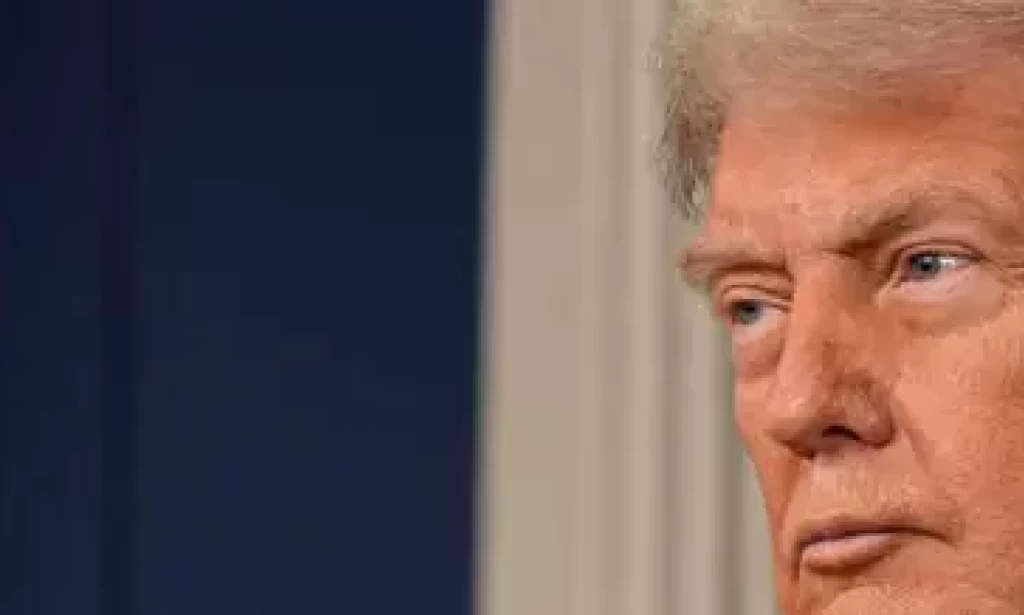Trump's demolition of the East Wing of the White House to build a banquet hall, criticized as "extravagant construction," sparked controversy. When asked by a Fox News reporter about his reasons, Trump explained, "If President Xi of China visits, or if there's any large state event, we simply have nowhere to hold it." Trump's first thought was about having a place to host a Chinese leader; would Xi Jinping feel honored?
If this is a typical Trump-style rhyme, the following two interviews with Fox News, both concerning China, show Trump targeting America's most important ally. Compared to China, Trump seems indifferent to allies.
On November 7th, Japanese Prime Minister Sanae Takaichi stated during a parliamentary interpellation regarding a potential "Taiwan emergency" that "a Taiwan emergency could constitute a 'survival crisis' for Japan to exercise its right of collective self-defense." The following day, Xue Fei, the Chinese Consul General in Osaka, Japan, hinted on social media that he would "cut off that dirty head." This blatant death threat by a diplomat ignited anger in Japan. On November 11th, the Liberal Democratic Party demanded that China seriously address the matter, or else demand that the Japanese government declare Xue Fei persona non grata and expel him. On Monday, after explaining the context of Xue Jian's post to Trump, a Fox News host asked, "This kind of person can't be considered our friend, right?" Trump replied, "Many allies aren't friends either. They profit more from us in trade than China." He also emphasized, "I have a very good relationship with China."
Trump had clearly forgotten his earlier statements. On October 28, in a glittering palace in Tokyo, he praised Japan's new Prime Minister Sanae Takaichi, calling the US and Japan "the strongest allies," and vowed to support Japan "no matter what needs help."
Even more surprisingly, Trump even linked the issue of Chinese students studying in the US to France. It all began Monday evening with a question from Fox News reporter Laura Ingraham, who forced Trump to confront his contradictory situation: since returning to the White House, Trump had pursued a policy restricting foreign students' entry, but in late August, he suddenly changed his mind and announced that he would accept 600,000 Chinese students. A Fox News reporter deliberately asked, "How can this be considered a support for MAGA? Many American children can't go to school, while universities are making money off Chinese tuition fees."
Email News Headlines in your daily newsletter
Subscribe Trump replied, "If the number of international students is halved [...], half of America's universities will go bankrupt," and he countered, "Do you want our school system to collapse?" Laura Ingraham pressed on, questioning the White House occupant: "They're not French, they're Chinese. They're spying on us, stealing our intellectual property!"
This follow-up question surprised Trump, who suddenly interrupted the reporter, saying, "Do you really think the French are better? I'm not so sure." Trump shifted his focus from China to French tax policy, saying, "We've had a lot of problems with the French. They impose very unfair taxes on our technology. They impose a 25% tariff on American products."
Trump's claim that France imposes a 25% tariff on American products is baffling, and the French newspaper Le Figaro expressed great surprise. However, those truly dissatisfied with his statements came from Trump's own community—MAGA. According to our Washington correspondent, Trump's remarks sparked a strong backlash on conservative social media. Some MAGA supporters criticized Trump's policies as "devying from the original intention of 'America First'."
Former National Security Advisor Flynn even stated on X: "We don't need 600,000 Chinese spies stealing more American intellectual property. The Chinese have already taken advantage of our open system; they have no intention of making America great again."
Trump's constant concessions to China—is this his so-called "art of the deal"? Before making a big deal, he flatters the other party. Perhaps the most representative example is his meeting with Xi Jinping in Busan, where he called him a "great leader of a great nation," demonstrating his respect for a strongman. However, the outcome of that meeting is widely considered to be that Trump did not win; for the United States, not winning is equivalent to losing.



You must be logged in to post a comment.